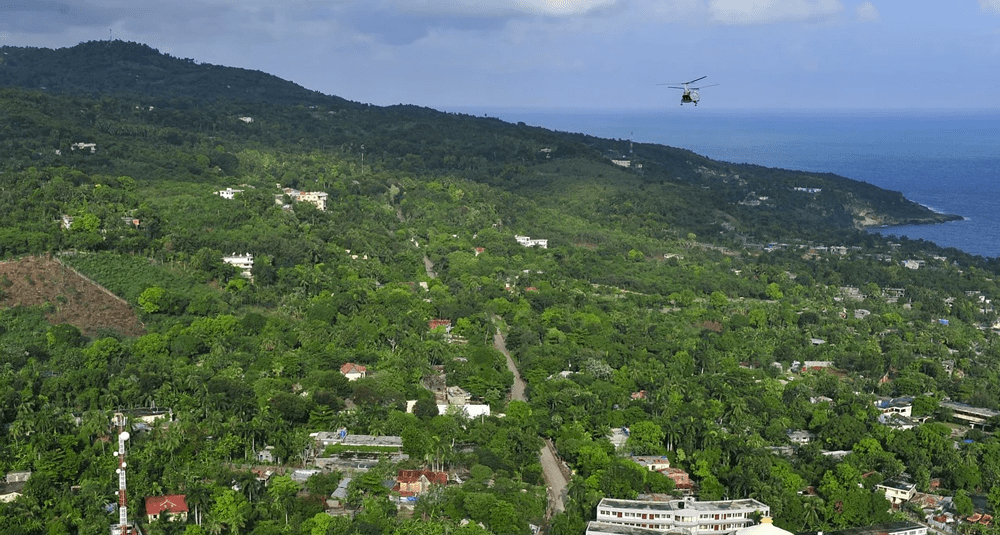What is the capital of Haiti?
Last Updated:
Port-au-Prince is not only Haiti’s capital, it’s also the nation’s beating heart. Located on the coast of the island of Hispaniola, this dynamic city is the center of Haitian politics, culture and economy. It stands out not only for its administrative and governmental role, but also for its profound cultural and historical influence on the country as a whole.
Founded in the 18th century, Port-au-Prince has a rich and tumultuous history. From its beginnings as a colony of the French Empire to its transformation into the center of the first independent black republic, the city has always been a place of change and innovation. Over the centuries, it has evolved, constantly reinventing itself, while preserving the traces of its complex past.
Nestled in the bay of the Gulf of Gonâve, Port-au-Prince enjoys a strategic location. Its port, located at the heart of the Caribbean’s main shipping lanes, has always been a nerve center for trade and communication in the region. This privileged geographical position contributes significantly to its role as an economic and cultural hub, not only for Haiti, but for the entire Caribbean region.
Port-au-Prince is a mosaic of diversity. Its population is a dynamic mix of cultures and ethnicities, the result of centuries of migratory movements. This diversity is reflected in the city’s cultural and social richness, where ancestral traditions and modern influences meet to create a unique and dynamic social fabric.
Port-au-Prince is not only the cultural and economic heart of Haiti, but also the center of its political life. The city is home to the main government institutions and plays a crucial role in the governance of the country. Local politics are marked by a dynamism and complexity characteristic of a capital city, reflecting the challenges and aspirations of an ever-evolving nation.
Port-au-Prince’s economy is based on several key sectors. Trade, both local and international, and services are the pillars of its economy. These sectors not only play an essential role in the city’s prosperity, but also have a significant impact on the national economy, stimulating growth and providing employment opportunities.
Port-au-Prince’s culture is a kaleidoscope of colors, sounds and flavors. From lively festivals to contemporary art galleries, the city is a melting pot of Haitian traditions and modern influences. Local traditions, such as music, dance and art, are deeply rooted in daily life and continue to shape the city’s identity.
Port-au-Prince offers a multitude of sights and cultural activities. From colorful markets and historic museums, to colonial architecture and innovative art spaces, the city invites a diverse and rewarding exploration.
The Haitian capital faces a number of contemporary challenges. Urban development problems, social issues and natural hazards such as earthquakes and hurricanes are just some of the realities facing the city. These challenges call for innovative solutions and proactive management to ensure a sustainable future.
Aware of these challenges, Port-au-Prince has launched a number of initiatives to improve the quality of urban life and prepare for the future. Urban development projects, infrastructure improvements and social programs are underway to transform the city into a safer, more resilient and dynamic place.
You may also be interested in
geography

What is the capital of Haiti?
Answer
Port-au-Prince is the capital and the most populous of Haiti's communes. Port-au-Prince is both the capital of the West Department and the district of Port-au-Prince.